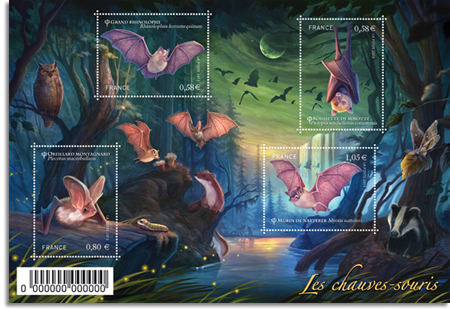Because of an unusually cold spring and an insect shortage this summer, conservationists are concerned bat numbers could continue to suffer this year. Based on the latest figures from Britain’s National Bat Monitoring Programme (NBMP), the annual bat breeding season got off to a slow start due to unseasonable weather earlier this year. Dr. Kate Barlow, Head of Monitoring at the Bat Conservation Trust, said, “After 2 years of long, wet, winters and a particularly late and cold start to summer this year, the outlook isn’t too promising for our bats. The most recent results from the National Bat Monitoring Programme showed that there were fewer bats were counted in 2012 than in 2011 for most species monitored.” Dr. Barlow added that 2013 saw the coldest March in 50 years and summer got off to such a late start many of the species are struggling. “This year Britain’s bats need all the help they get,” she said. Several species of bats in Britain are listed as European Priority, highlighted as the most at risk species in Europe with numbers sharply declining over the past 100 years. This decline has been attributed to several factors, which include climate shifts, changes in farming and land use, pesticides and in some cases persecution. Further adding to the bat recovery struggle is the fact that winged insect numbers are also down. So on top of a cold spring and delayed summer, several species may face shortages in food supply, especially those that rely on moths, according to a National Trust report released last month.
“Bats are long-lived for small mammals, some species routinely live up to 20 years. All our bats produce only one baby a year (twins are very rare) so a few years of bad weather could have dramatic impact on numbers of bats if they are unable to find enough food to allow them to breed successfully,” said Dr. Barlow.
Source: Red Orbit, 8 July 2013
http://www.redorbit.com/news/science/1112891973/britain-bat-species-dec…

- Log in to post comments
